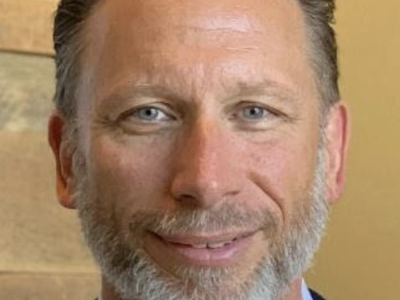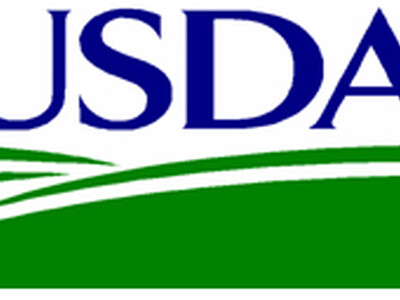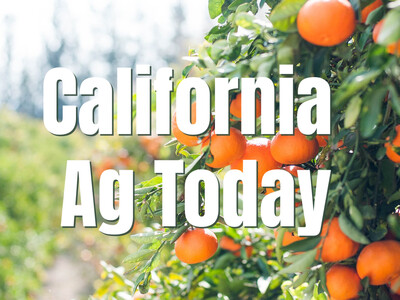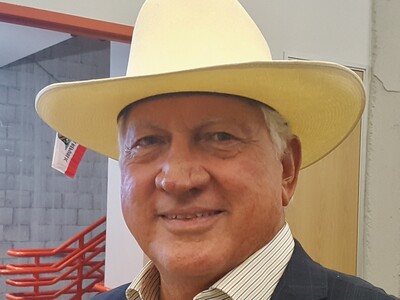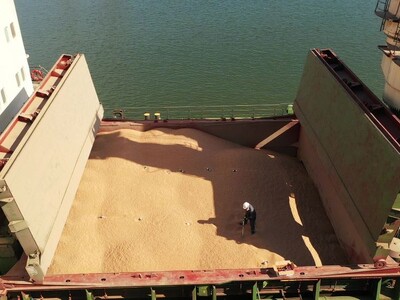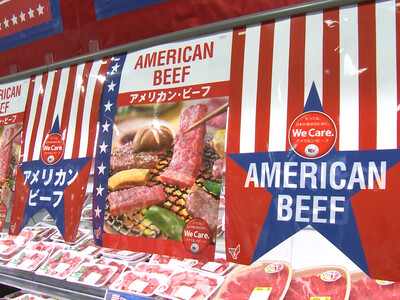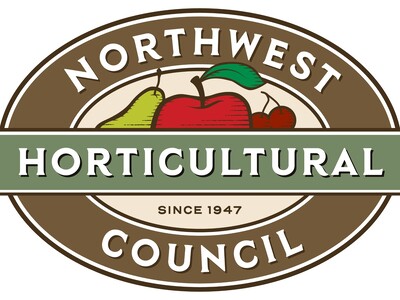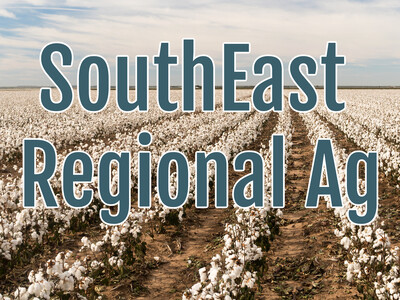Better Soils Means Better Crops
Better Soils Means Better CropsI’m Lacy Gray with Washington Ag Today.
Unless you’re in a hydroponic system soils are pretty much the foundation of agriculture. With that in mind WSU Extension is holding the “Building Soils for Better Crops” Conference December 10 in Moses Lake. David Granastein, sustainable agriculture specialist with WSU’s Center for Sustaining Agriculture & Natural Resources, will be co-moderator for the conference.
GRANASTEIN: We need to be cognizant of how we’re taking care of our soils, how they’re responding to our agricultural management, if we’re degrading them, or improving them. And if we’re degrading them, what we can do differently to turn things around.
Granastein explains the main goal then of the conference.
GRANASTEIN: Part of the goal is to understand what does it mean to improve soils in our specific area; it’s going to be different depending on the climate, the cropping systems and the soils themselves. So we’re trying to really hone in on what specifically will fit our growing region, and understand some of the benefits that can be realized by focusing on soil improvement, which include less erosion, potentially less cost of production, improved water quality; there’s many different things that can come from soil improvement - ideally combining economic return to the grower as well as the non-economic benefits that might accrue to the public.
Topics to be covered during the day long conference include soil health for disease suppression, biological indicators of soil health, economics of building soils and early results, nutrient availability, factors affecting soil organic matter levels, irrigated conservation agriculture, and soil amendments for building soils in the Columbia Basin. For registration information visit irrigatedag.wsu.edu.
That’s Washington Ag Today.
I’m Lacy Gray with the Ag Information Network of the West.





